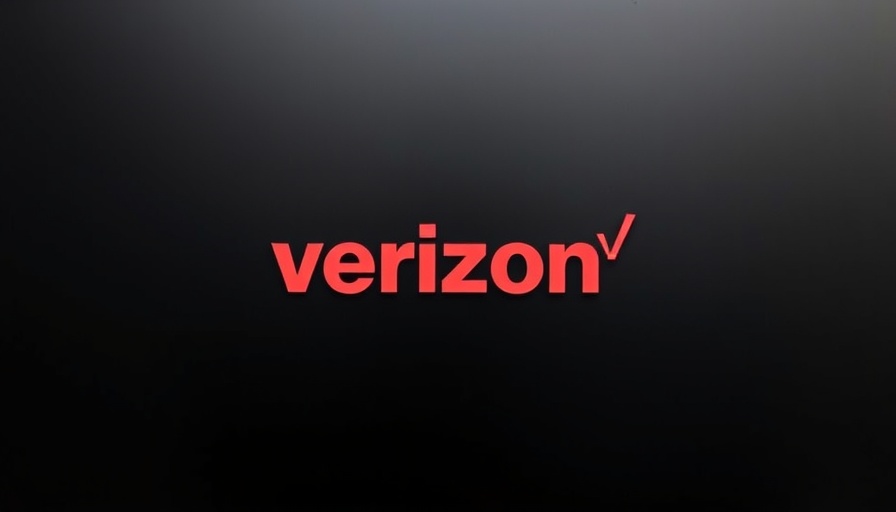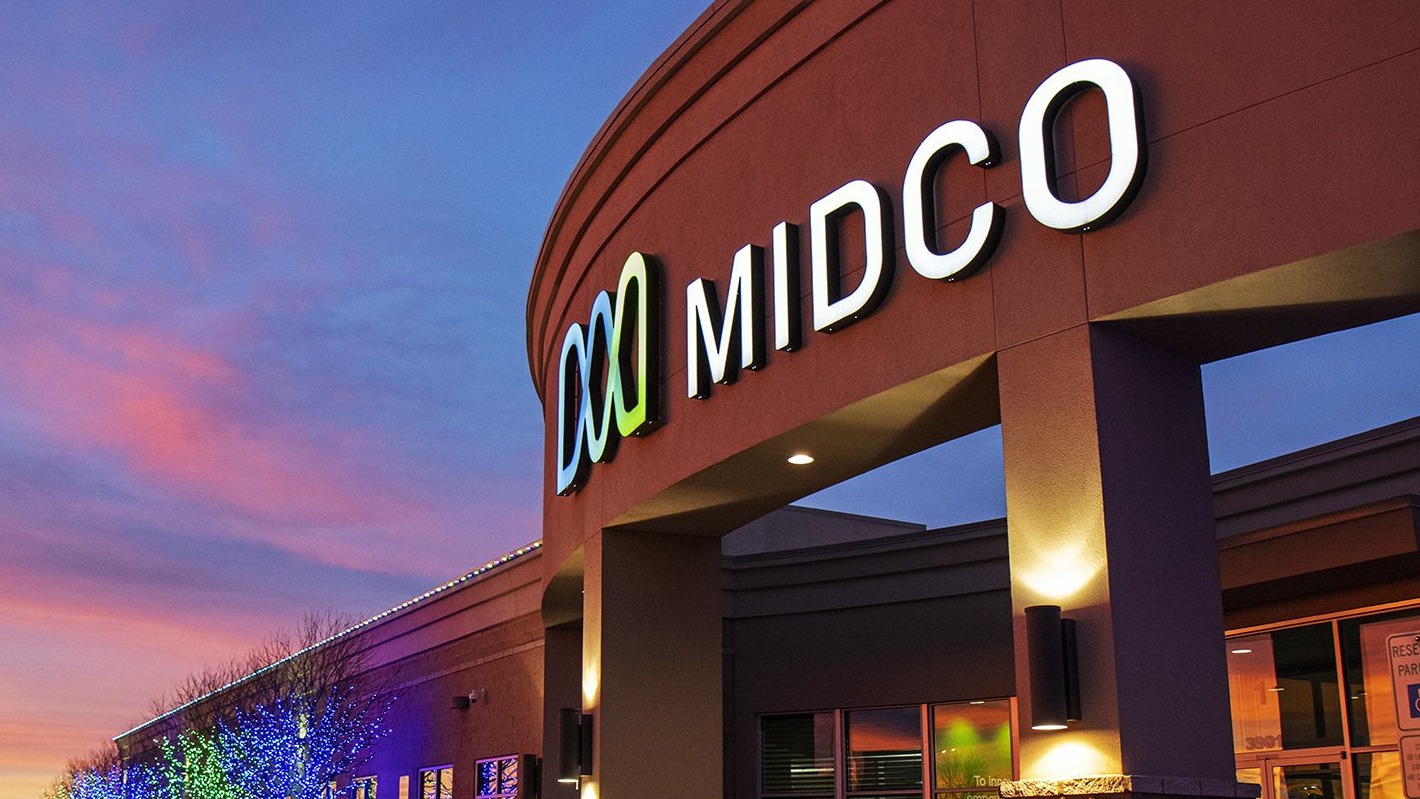
Understanding Verizon 5G Home Internet: A New Frontier in Connectivity
In today’s digital landscape, reliable internet is pivotal to our daily lives. With its entry into the home internet market, Verizon aims to redefine expectations around broadband service with its 5G offerings. But with questions surrounding speed, reliability, and value, is this innovative technology a fit for your home?
What Makes 5G Different from Traditional Broadband?
5G technology is touted for its potential to offer lightning-fast internet speeds and lower latency compared to traditional broadband. This can significantly enhance user experience during streaming, online gaming, and remote working, providing stability that many households desperately need. Unlike DSL or cable, which depend on physical cables, 5G uses a network of antennas to deliver content, making it a promising alternative in areas where cable companies have lacked infrastructure.
Pricing and Plans: The Value Proposition of Verizon 5G
The cost structure of Verizon’s 5G plans is vital for many consumers. With competitive pricing compared to traditional ISPs, it allows households to explore advanced options without breaking the bank. Plans vary—some offering unlimited data, while others may implement data caps after a certain threshold. This pricing strategy could tempt many users who are currently dissatisfied with their internet experience.
Performance in Real-World Use
Real-world performance is often the ultimate judge of any service. While the theoretical maximum speeds of 5G are impressive, actual performance can fluctuate based on location and congestion. According to recent reviews, users have reported varying experiences, from achieving speeds that surpass most cable connections to encountering frustrating slowdowns during peak hours. The variability highlights the importance of local infrastructure and user location.
Availability: Is It Accessible for Everyone?
Availability poses a critical question: can you even get Verizon 5G in your area? Verizon has reported that its 5G home internet service is still being rolled out, often initially covering urban and suburban locales. Users in rural settings may find themselves without options as 5G technology expands slowly. Keeping track of coverage maps and updates from Verizon becomes essential for interested consumers.
Implications for Home Connectivity
As we assess the implications of adopting Verizon 5G home internet, it's clear that having alternative internet sources can empower consumers. A market with varied options may prompt competition, encourage pricing flexibility, and ultimately lead to an enhanced consumer experience. Verizon's foray into this space may force traditional cable and fiber companies to up their game, benefiting everyone.
Conclusion: Is Verizon 5G the Future of Home Internet?
Ultimately, the decision to switch to Verizon’s 5G home internet will depend on individual needs and circumstances. Those who demand high speeds and reliability for gaming or remote work might find it appealing, while others may prefer traditional methods given their proven reliability. As 5G technology continues to develop, it's crucial to remain informed. Explore if Verizon 5G is available in your area, and weigh the pros and cons. The evolution of home internet is upon us, and being prepared is key.
 Add Row
Add Row  Add
Add 

 Add Row
Add Row 


 Add Element
Add Element 

Write A Comment